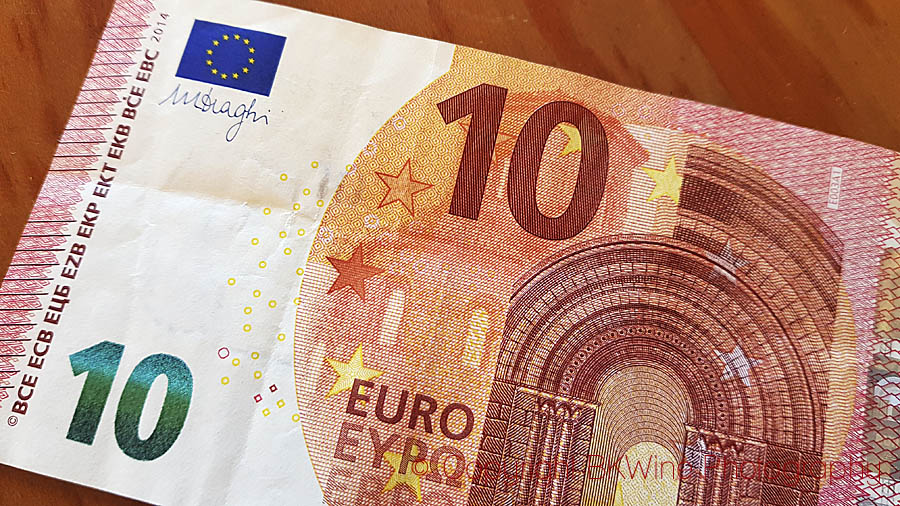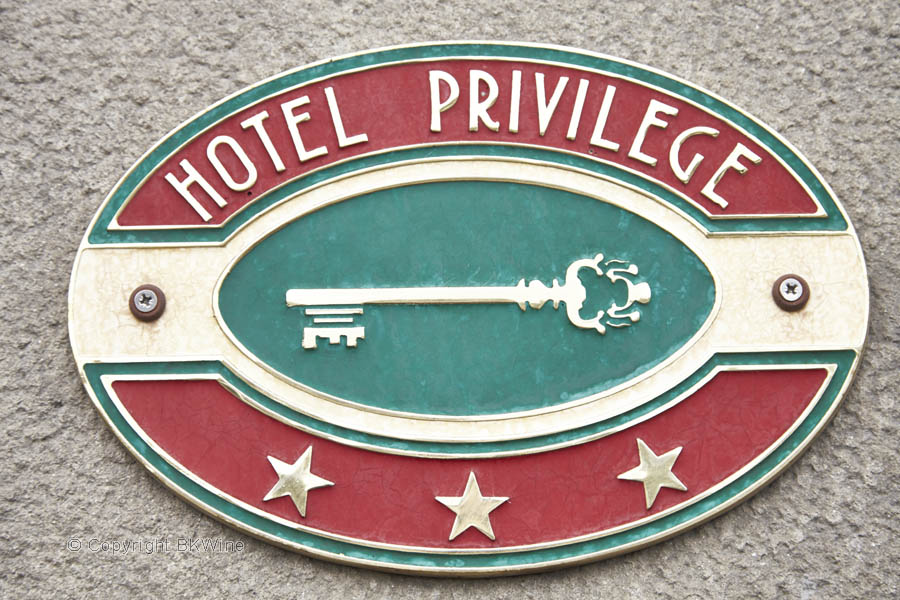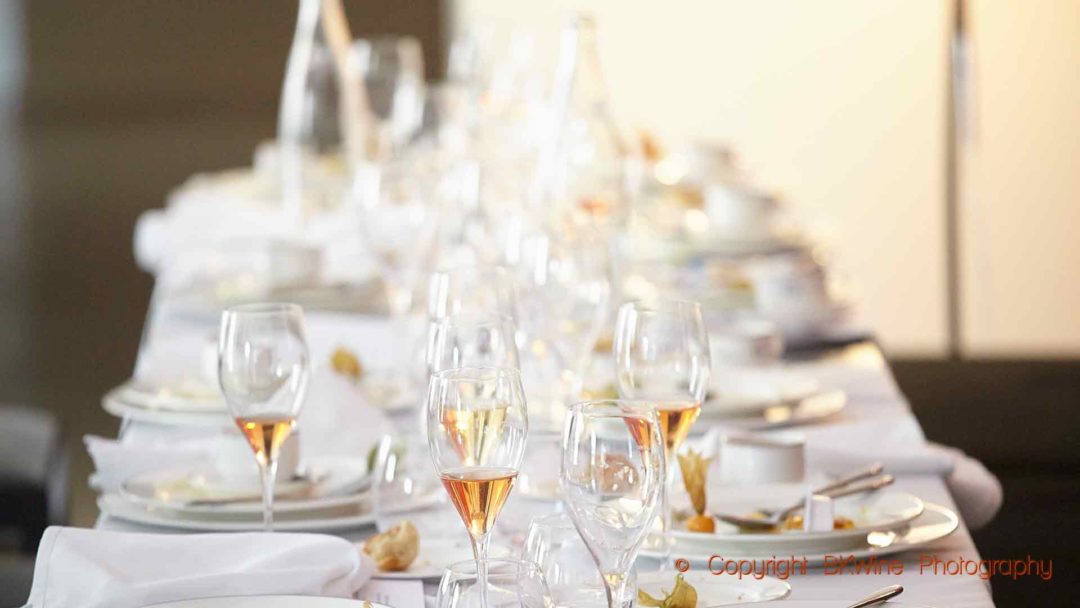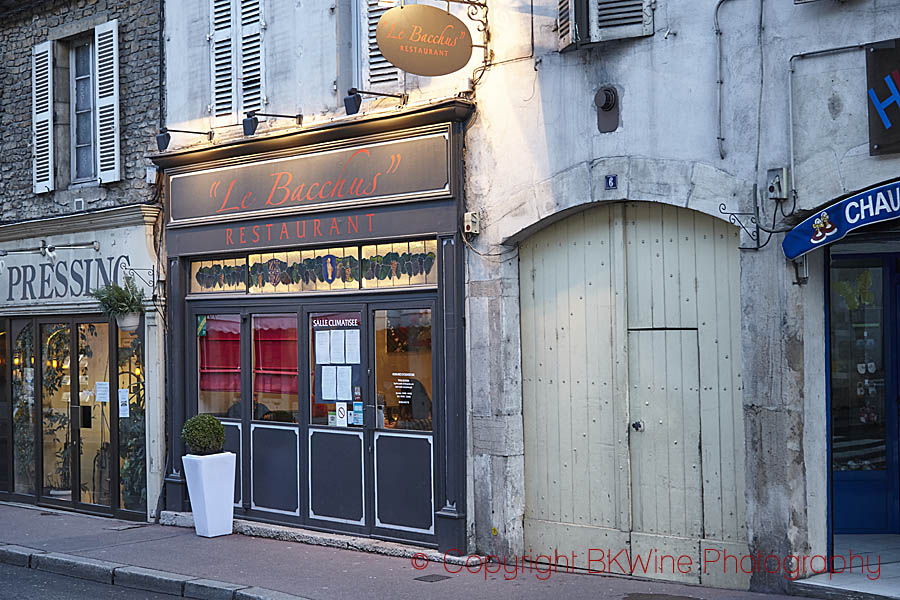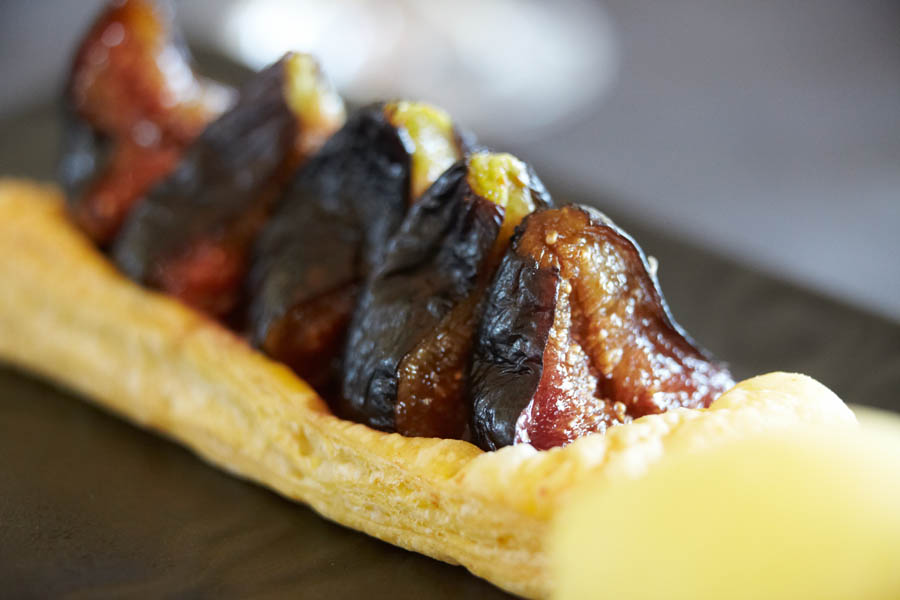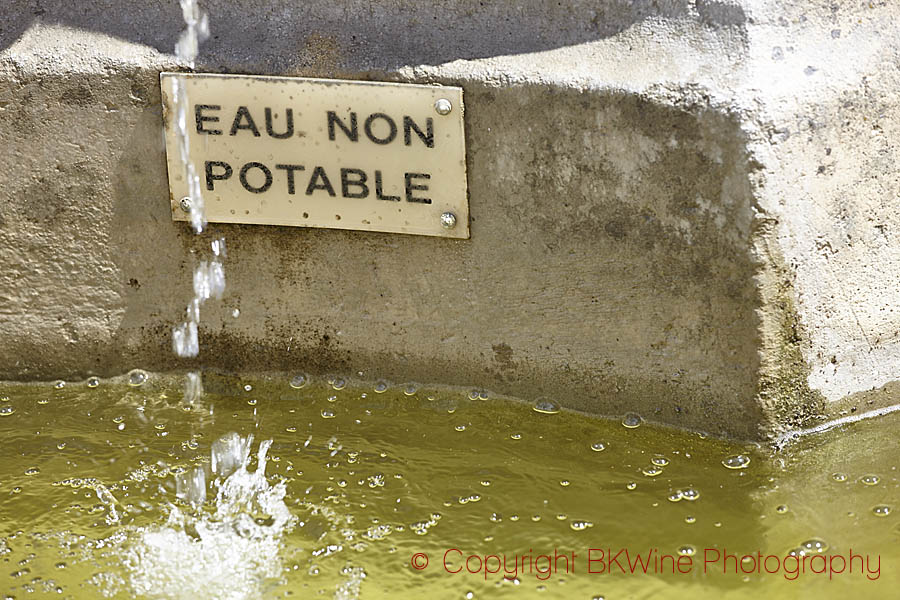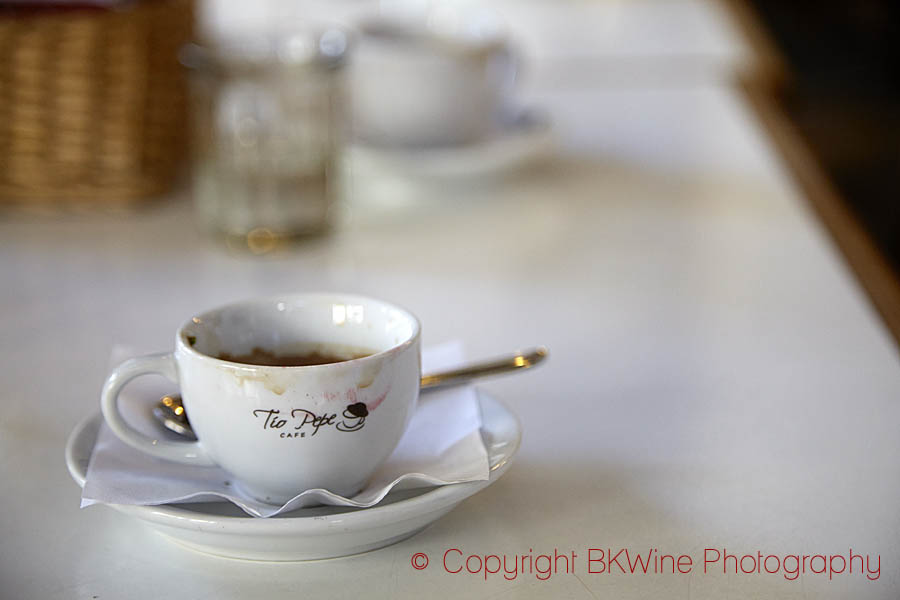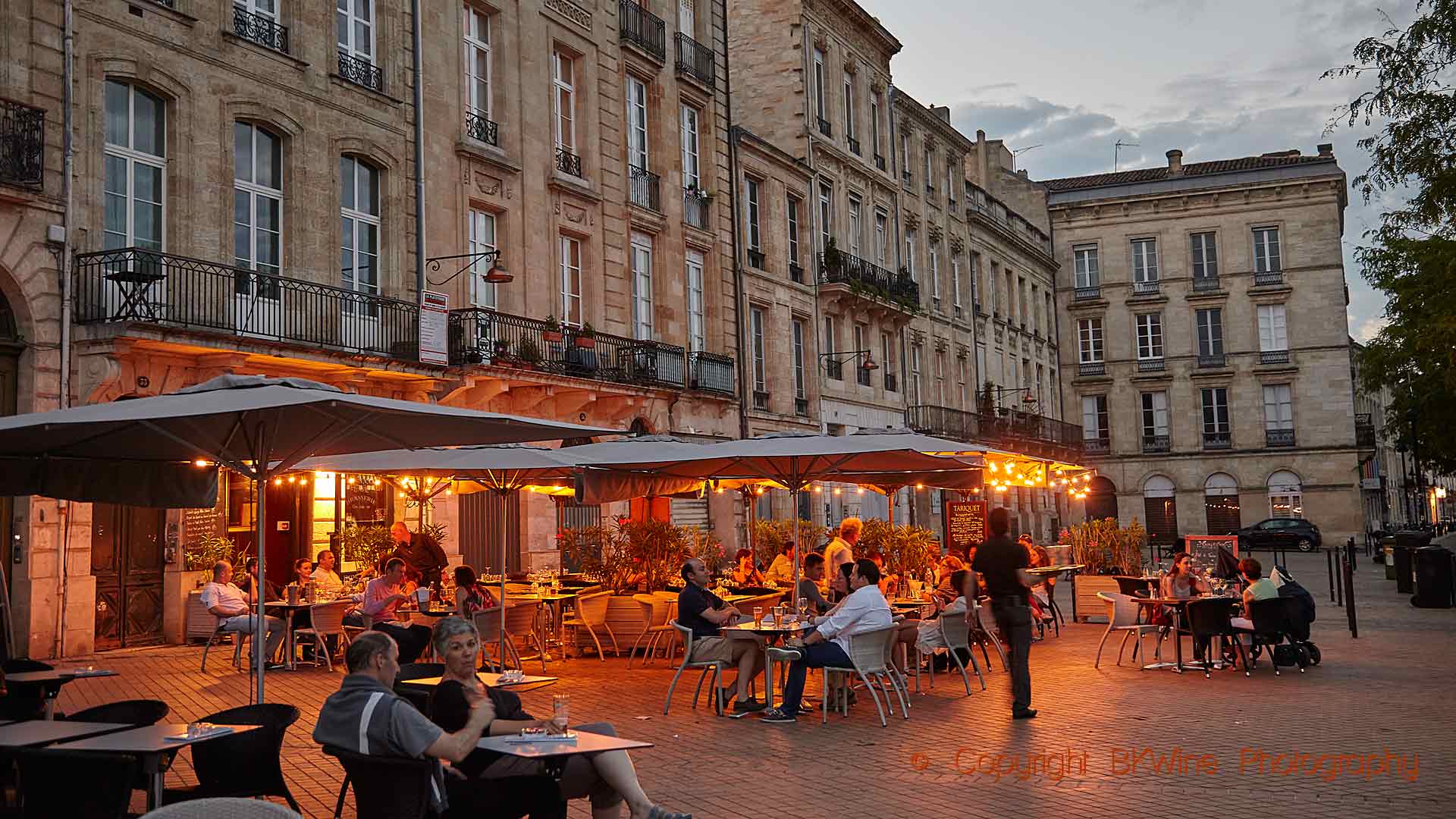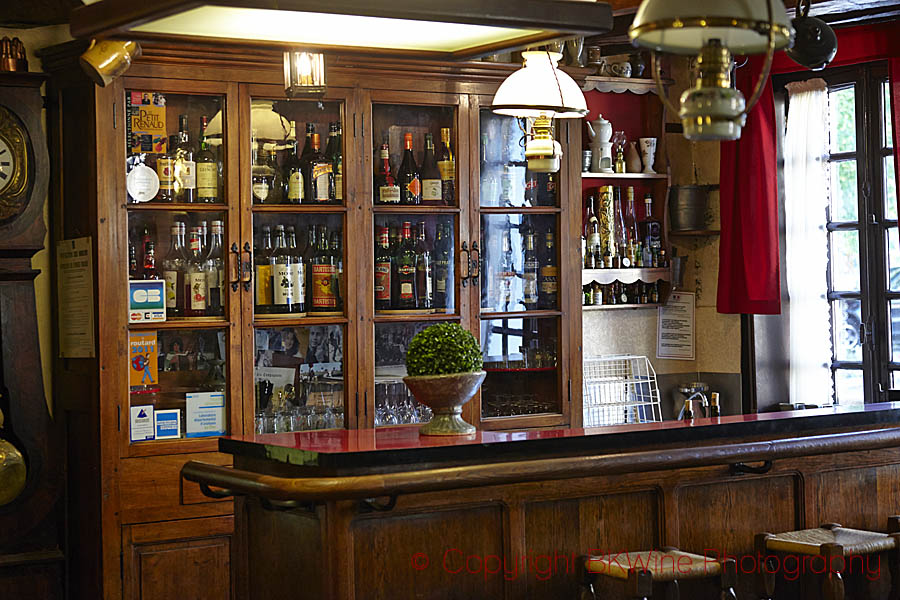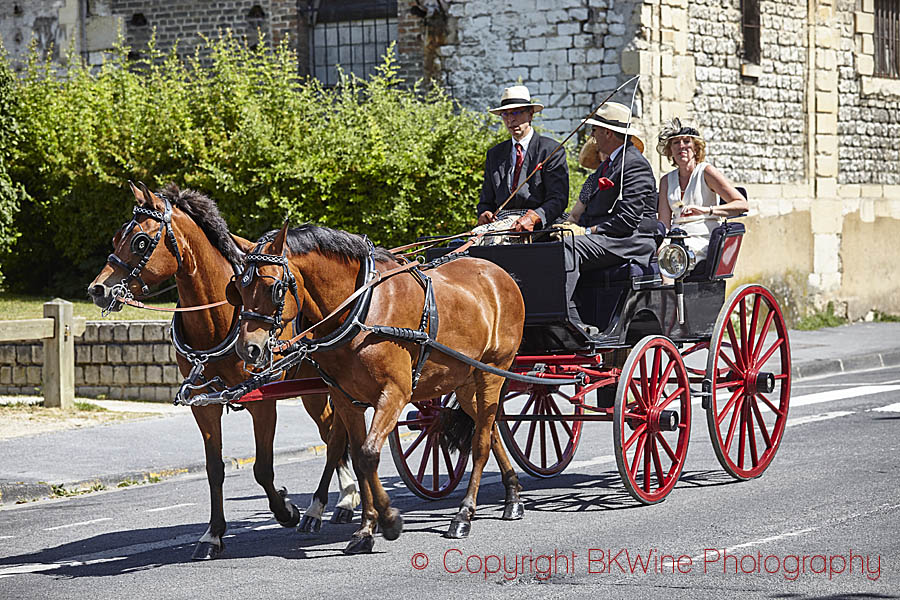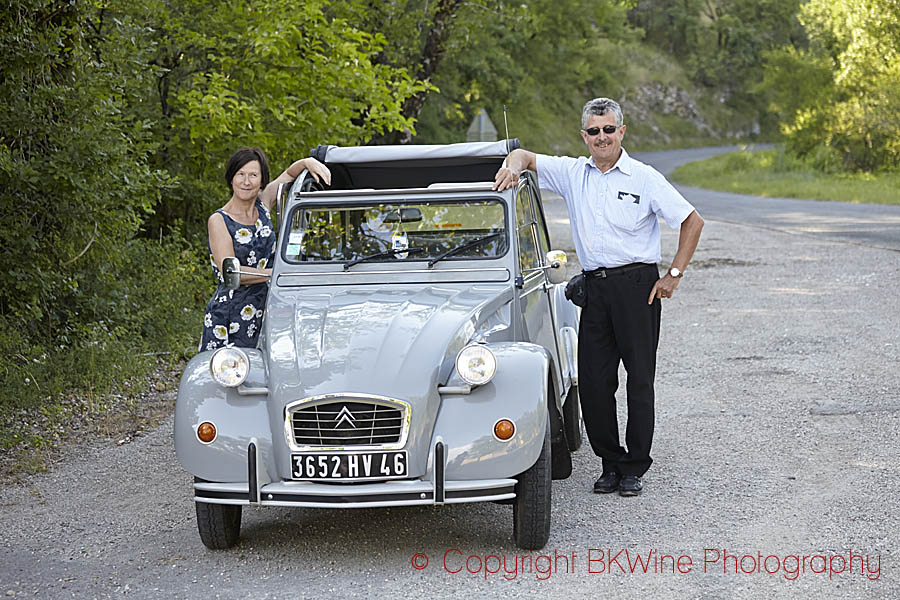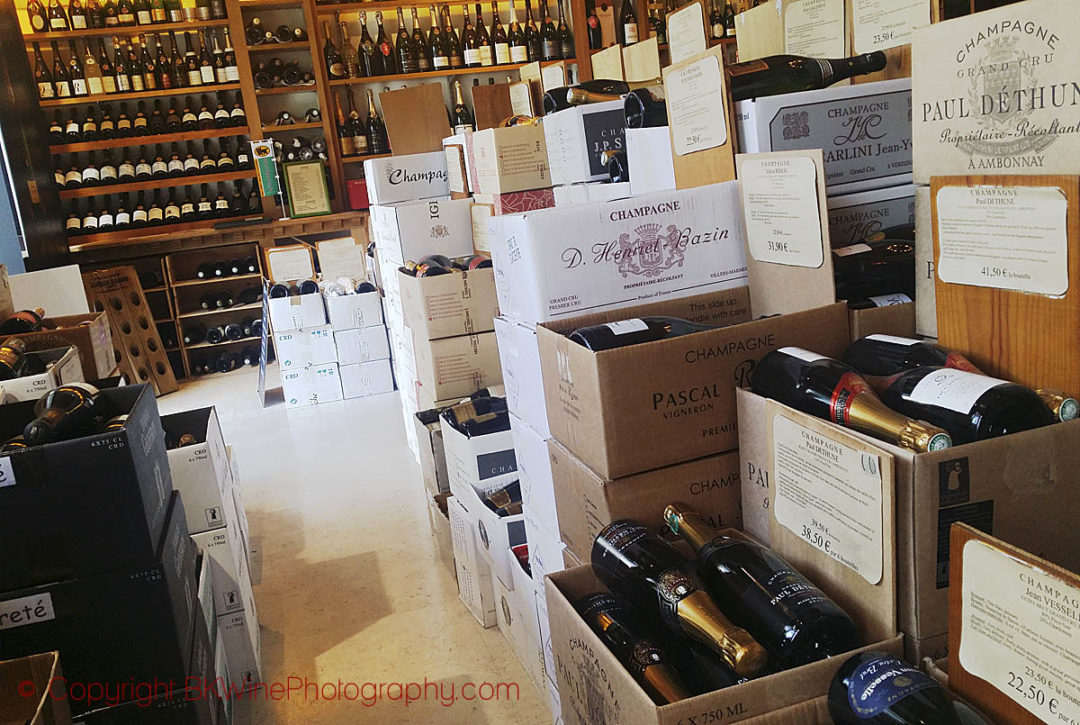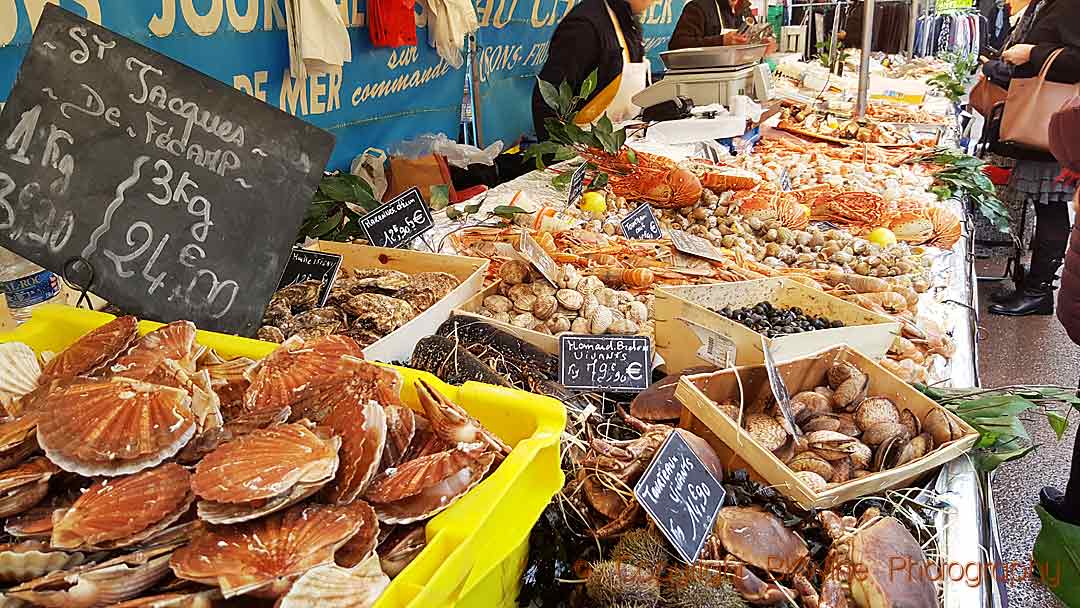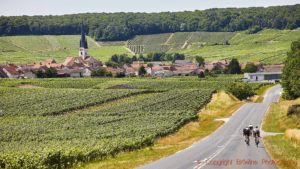Handy hints on tipping, shopping hours, restaurant etiquette, taxis, transport and more
We wanted to give you some gentle guidance about how things work in France, so here are a few tips about French customs and traditions. What is considered the norm when tipping in France? How do you get a taxi? What should you do (or indeed, not do) in a restaurant or a café to get the best service? And so on.
Please bear in mind that there are always exceptions to the rules.
In this post you will find tips on:
- Tipping, in restaurants, cafés, taxis, hotel
- Credit cards and money
- Restaurant and café etiquette
- Restaurant opening hours
- French food
- Tap water
- Coffee in France
- Taxi and transport
- Shopping and food markets
Tipping in France
Tipping in France is entirely optional, but can be done if service is good.
Tipping in restaurants
You are not obliged to tip in restaurants in France. Tipping is always included in the prices on the menu. Nevertheless, it is not uncommon to tip, especially if service and/or food have been good. But you won’t be frowned upon if you don’t do it.
How much to tip depends of course on the total amount on the bill. You would normally tip no more than 10%, while avoiding ridiculously small amounts, of course.
Tipping in cafés and bars
You are not obliged or even expected to tip in a café/bar, but of course, if you do so it will be appreciated. For a coffee at the counter you could tip one or two small copper coins, 5 ct, 10 ct, 20 ct (a coffee standing at the bar costs ~1.30 euro). Or not. For other drinks, other sums of course.
Tipping in taxis
You typically don’t tip in a taxi, but of course you can if you want to. Rounding up to a convenient total makes sense if the service was good, of course. (NB: see taxi advice.)
Tipping in hotels
Typically in France only very luxurious hotels have porters. You can leave a few euros (as a function of the cost of the room of course), but you are not obliged to do so. Tipping the cleaning staff, or room maid, is normally not done, with the possible exception of luxurious hotels catering primarily to Americans.
Credit cards
Visa and MasterCard are accepted almost everywhere.
Fewer merchants and restaurants take American Express. It is becoming increasingly more common, but travelling in France with only an AmEx card would be difficult.
The amount charged to your credit card is always exactly what it says on the bill. You cannot put tips on the card and you cannot ask for a higher amount to be charged to your card in order to get cash back.
Using credit cards is very safe in France. Today all restaurants have mobile terminals that they bring to your table, except in a few instances where you are asked come to the counter.
Restaurants and restaurant etiquette
By law, all restaurants have to display a menu outside so that you can see what they offer. It is either the full menu (in most instances) or a sample.
Except in the very simplest and cheapest restaurants, you should always wait to be seated by a waiter. Whatever you do, don’t simply walk in and sit down (even for outside seating) as this is considered presumptuous.
Many restaurants have very good value, fixed price menus in addition to the à la carte menu. The fixed price menu is called le menu, as opposed to la carte.
A traditional extensive gourmet French meal has four courses:
1) starter,
2) main course,
3) cheese,
4) dessert.
Of course, no-one expects you to eat all four courses, unless you want to: it’s perfectly acceptable to have just the main course. Having only a starter (or cheese course, or dessert) would be frowned upon unless you’re one of several diners. A starter and dessert would be considered fine, though. But in any case, why deprive yourself?
There will always be bread on the table, from the first course until the end of the cheese course, and there’s no extra charge for it. Bread in France is usually fresh and very good, but don’t look for butter: there won’t be any. A Frenchman would not start eating until the bread arrives, and typically bread is not put on the table as something for you to nibble upon while waiting for your food to arrive. It’s something you use as a condiment to the dishes.
A carafe of water will often arrive at the table automatically, or you can ask for un carafe d’eau. This is plain tap water, and it’s free. You can also request (and be charged for) still mineral water (eau plate) or the sparkling version (eau gazeuse or eau pétillante – or more simply, avec bulles or sans bulles).
Coffee is served after dessert in France. You can specifically ask for it to be brought at the same time as dessert but more often than not it will still come at the end. A coffee after the meal is a small black coffee, simply known as un express or un café. It would be seen as odd to ask for a café au lait or, worse, a cappuccino after a meal.
You usually have to ask for the bill (l’addition), and oddly, it is often the item that takes the longest time to arrive. However, it’s considered rude for the waiter to bring you the bill unless you’ve asked for it (unless he’s going off shift), so the onus is typically on you.
You cannot add tips on to the credit card charge if you pay with plastic, so if you want to tip, you’ll have to do it in cash. However, you can split a bill on several cards: just specify how you want it split, e.g. 50/50 or specific amounts on each card.
It is considered good manners to say hello (bonjour or bonsoir) when you arrive and goodbye (au revoir) when you leave. In fact, when addressing anyone (in a restaurant, in the street or indeed in any public space), it’s considered polite to always say bonjour (or bonsoir) first, even if you, for example, are just asking a policeman for road directions. Not saying bonjour is seen as quite rude.
Restaurant opening hours
Lunch hours are usually between midday and 2pm.
In the evening, restaurants usually open at around 7.30pm. The 24-hour system is used to calculate time in France, so instead of saying “8 o’clock in the evening,” try à vingt heures (à huit heures du soir works too). In a pinch, you might find a restaurant with longer opening hours near a train station or in areas more popular with tourists.
French food
Food plays a very important role in France. You can still find many open-air markets where people shop for food, but even in supermarkets the food range and quality is often impressive.
In France, the basic ingredients play the leading role. Compared to some other food cultures (e.g. Scandinavian or American), the French add less spices and less salt to food, and marinating meat is unusual. This is because the ingredients themselves (for example the meat) are of good quality and it is their own flavours that should be emphasised rather than masked by excessive use of spice and salt.
This sometimes leads to foreigners thinking that French food lacks flavours. In fact, the food is cooked to bring out the delicate and delicious flavours of the ingredients. Adding (say) a spicy barbecue sauce would be considered wrong; the chef has created the food in the way he sees fit, and it’s not unusual for salt and pepper to be absent from the table in more upmarket restaurants.
Tap water
Tap water is perfectly safe to drink. We promise you! Indeed, French tap water has been potable for ages.
Coffee in France
There are many different types of coffee in France.
Café express or just express, or, simply, un café: nowadays also sometimes referred to as espresso. A small, strong black coffee.
Café au lait, café crème: coffee with hot milk, served in a big cup. Au lait and crème is usually the same thing. Something you drink in the morning. Made with a café express and steamed milk.
Café allongé, or sometimes café americain / americano: an express with extra water. An “elongated” coffee.
Café noisette: An express with a little dash of milk in. It has nothing to do with hazelnuts, except for the colour. Similar to café macchiato (Italy) or café cortado (Spain).
Cappuccino: depending on where you are, you may or may not get what you hope for (cappuccino is not native to France), but milk (or whipped cream) will be involved.
Post-lunch (post-dinner) coffee: typically, this is a small, strong black express. Asking for a coffee with milk after a meal is considered unusual in France, but you can of course do it.
Déca or café décaféiné: decaffeinated. Quite common.
Café etiquette
Unlike restaurants or smart tea rooms where you have to wait to be seated, in a café you can simply find a table and sit down.
There are three distinct zones in a café: 1) standing at the counter, 2) seated inside, 3) seated outside. Each zone often has different prices as well as different waiters, so whatever you do, do NOT order your drink at the bar and then go and sit down: the waiter will take a very dim view of this.
When you have finished your drink, it will not be cleared from the table until you leave. It is a kind of marker showing that you have had a drink and you can sit there and enjoy the view and life as long as you like. You are certainly not expected to leave as soon as you have finished your drink. You usually have to ask for the bill (l’addition) when you want to pay. Sometimes, especially in busy areas, the waiter might ask for payment directly when he serves you.
Taxis in France
You can hail a taxi on the street, find one at a taxi stand (more and more rare) or phone for one. In some cases there may be a surcharge (added to the initial fee shown on the meter) for two suitcases or more, or for travelling to/from train stations or airports. Rest assured, this is simply how pricing is defined. The rules are usually posted on one of the back-seat car windows. The extra charge is usually added at the very end, on top of the meter charge for the distance and time.
Taxis don’t always take four people. If they do, there may be a surcharge for the fourth person. Be sure to mention that you are four if you call or pre-order. Passengers normally sit in the rear (up to three). If you want to sit in front, ask the driver first. It often functions as his/her office.
Important: Some taxis still only take cash, no credit card. If you want to pay with a card, make sure you say so when you call for the taxi or check before you step in.
See also the separate section on tipping.
Alternatives to taxis
There are several taxi alternatives in France and they generally work well.
Uber exists in many cities. There are also some similar services (LeCab.fr, AlloCab.fr, Kapten.fr and others) which allow you to book a car in advance (Uber does not offer this). Pricing can be quite different so you might want to check the different services for your specific ride if you are going far.
Shopping hours
Shops usually open at 10am and close at around 7pm. Sometimes there is a lunch break between 1pm and 2pm (hours vary). Specialised food shops may have longer, later lunch break.
Most shops are open six days a week, Monday to Saturday. Saturdays have the same hours as weekdays.
Sundays: Most shops are closed. In tourist areas, they may be open and some food and grocery shops including bakeries are often open on Sunday mornings. But don’t count on doing any other shopping on a Sunday.
Specialised food shops (butchers, fishmongers etc) are often closed on Mondays, as are many other small shops and restaurants.
Food markets
Food markets are common in France. Larger cities may have several and in towns there is always at least one. The colourful sights and wonderful aromas of a traditional French food market are a wonderful experience, and well worth an hour or two of your time. Markets are usually open one or more days a week, in the morning; sometimes they are held outdoors on the town square, but there are covered markets (known as les halles) too. Ask someone when and where the nearest market is, and enjoy an authentic French experience.
So now you’re fully briefed and ready to come to France on a wine tour with BKWine to enjoy some of the world’s finest wine and food.
Travel to the world’s wine countries with the people who know wine and the local culture, with those who can give you the best experience. Travel with those who can take you to the best producers and the most beautiful spots. Where you get to taste the most exciting wines, personally meet the winemakers, and enjoy authentic local gastronomy.
Travel with BKWine Tours.
More country FAQs on France, Italy, Chile, Argentina…. here.

